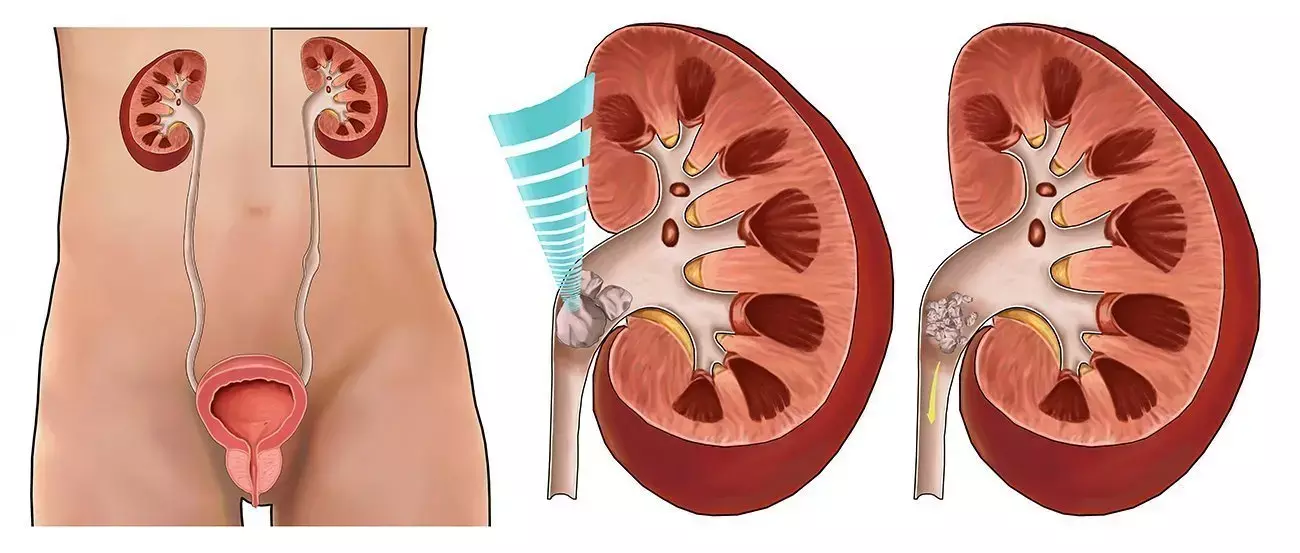- Home
- Medical news & Guidelines
- Anesthesiology
- Cardiology and CTVS
- Critical Care
- Dentistry
- Dermatology
- Diabetes and Endocrinology
- ENT
- Gastroenterology
- Medicine
- Nephrology
- Neurology
- Obstretics-Gynaecology
- Oncology
- Ophthalmology
- Orthopaedics
- Pediatrics-Neonatology
- Psychiatry
- Pulmonology
- Radiology
- Surgery
- Urology
- Laboratory Medicine
- Diet
- Nursing
- Paramedical
- Physiotherapy
- Health news
- Fact Check
- Bone Health Fact Check
- Brain Health Fact Check
- Cancer Related Fact Check
- Child Care Fact Check
- Dental and oral health fact check
- Diabetes and metabolic health fact check
- Diet and Nutrition Fact Check
- Eye and ENT Care Fact Check
- Fitness fact check
- Gut health fact check
- Heart health fact check
- Kidney health fact check
- Medical education fact check
- Men's health fact check
- Respiratory fact check
- Skin and hair care fact check
- Vaccine and Immunization fact check
- Women's health fact check
- AYUSH
- State News
- Andaman and Nicobar Islands
- Andhra Pradesh
- Arunachal Pradesh
- Assam
- Bihar
- Chandigarh
- Chattisgarh
- Dadra and Nagar Haveli
- Daman and Diu
- Delhi
- Goa
- Gujarat
- Haryana
- Himachal Pradesh
- Jammu & Kashmir
- Jharkhand
- Karnataka
- Kerala
- Ladakh
- Lakshadweep
- Madhya Pradesh
- Maharashtra
- Manipur
- Meghalaya
- Mizoram
- Nagaland
- Odisha
- Puducherry
- Punjab
- Rajasthan
- Sikkim
- Tamil Nadu
- Telangana
- Tripura
- Uttar Pradesh
- Uttrakhand
- West Bengal
- Medical Education
- Industry
Ultrasound-guided ESWL may be first treatment choice for distal ureteral stones

Ultrasound-guided ESWL may be first treatment choice for distal ureteral stones suggests a new study published in the Urolithiasis.
The study aimed to analyze the factors influencing the efficacy of ultrasound-guided extracorporeal shockwave lithotripsy (ESWL) in the treatment of ureteral stones. The clinical data of 8102 patients (6083 men and 2019 women) who presented with ureteral stones were retrospectively analyzed. All the patients were treated with ultrasound-guided ESWL.
The stone-free rate (SFR) was calculated to evaluate the effect of ESWL. The characteristics of the patients and their stones, and the ESWL parameters applied were compared to identify the factors affecting the treatment outcomes. The SFR and that following one ESWL session were 94.6% (7663/8102) and 75.4% (6107/8102), respectively. Multivariate analysis showed that stone location (OR 0.656, p < 0.001), stone size (OR 1.103, p < 0.001), and degree of hydronephrosis (OR 1.952, p < 0.001) independently affected SFR; and age (OR 1.005, p = 0.022), stone location (OR 0.729, p < 0.001), stone size (OR 1.103, p < 0.001), degree of hydronephrosis (OR 1.387, p = 0.001), maximum energy level(OR 0.691, p < 0.001) independently affected SFR following one session. Ultrasound-guided ESWL is effective in all levels of ureteral stones.
Large stone size and moderate hydronephrosis are correlated with treatment failure. Ultrasound-guided ESWL may be the first choice for distal ureteral stones.
While analyzing the efficacy of ultrasound-guided ESWL for ureteral stones, researchers identified stone location, size, and the degree of hydronephrosis as independent factors influencing overall stone-free rates (SFR). Age, stone location, size, degree of hydronephrosis, and maximum energy level affected SFR after one ESWL session. Distal ureteral stones showed positive outcomes across all levels
Reference:
Liang, J., Xie, L., Gao, H. et al. Factors influencing the efficacy of ultrasound-guided extracorporeal shockwave lithotripsy in the treatment of ureteral stones: a retrospective study. Urolithiasis 52, 15 (2024). https://doi.org/10.1007/s00240-023-01512-9
Keywords:
Ultrasound-guided, ESWL, may be, first, treatment, choice, for, distal, ureteral stones,Liang, J., Xie, L., Gao, H
Dr. Shravani Dali has completed her BDS from Pravara institute of medical sciences, loni. Following which she extensively worked in the healthcare sector for 2+ years. She has been actively involved in writing blogs in field of health and wellness. Currently she is pursuing her Masters of public health-health administration from Tata institute of social sciences. She can be contacted at editorial@medicaldialogues.in.
Dr Kamal Kant Kohli-MBBS, DTCD- a chest specialist with more than 30 years of practice and a flair for writing clinical articles, Dr Kamal Kant Kohli joined Medical Dialogues as a Chief Editor of Medical News. Besides writing articles, as an editor, he proofreads and verifies all the medical content published on Medical Dialogues including those coming from journals, studies,medical conferences,guidelines etc. Email: drkohli@medicaldialogues.in. Contact no. 011-43720751


